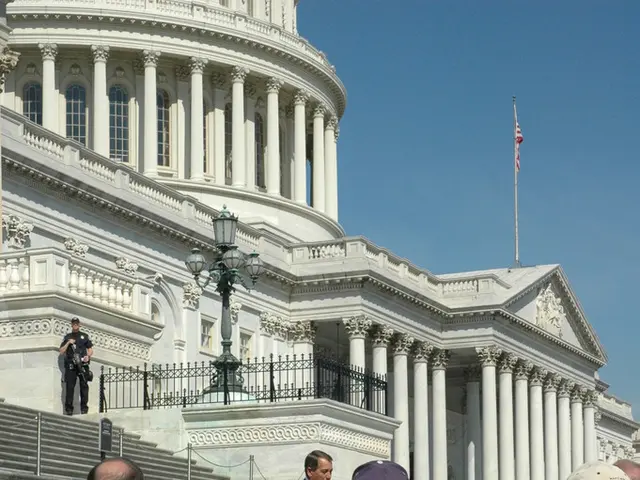London's transport authority allegedly concealed a study revealing that Low Traffic Neighborhoods (LTNs) did not significantly reduce car usage.
In a surprising turn of events, a study conducted by the University of Westminster's Travel and Places department, which was initially funded to explore the impacts of Low Traffic Neighborhoods (LTNs), has reportedly been suppressed by Transport for London (TfL). The study, which was funded until June last year, found that LTNs do not significantly reduce car usage, a finding that has raised questions about TfL's transparency and integrity.
According to reports, TfL officials expressed concerns about publishing the study's findings in emails to the university. The decision not to publish the study was made because "no one outside TfL yet knew about the study". After discussing ways to present the results in a more positive light, a decision was made not to publish the study's findings.
Mayor of London Sadiq Khan, who also chairs TfL, has repeatedly claimed that LTNs help reduce traffic. However, the study found that LTNs have increased cycling but failed to encourage a decrease in driving or an increase in walking. The spokesperson for TfL stated that they are committed to supporting high-quality research, but the suppression of this study has cast doubts on their commitment.
Councils often support LTNs because they believe or are told that they are green and help reduce air pollution. However, the University of Westminster's study questioned the environmental benefits of LTNs. Critics believe the real reason for pulling the funding was to prevent the groundbreaking finding of increased car usage in LTNs from being made public. John Stewart, of the campaign group Social and Environmental Justice, believes the findings could have helped inform decision-makers.
TfL has maintained its confidence in LTNs' ability to reduce traffic levels and make streets safer for walking and cycling. They have also stated that they will continue to monitor and evaluate the impacts of LTNs and other active travel schemes to ensure they are delivering benefits for all Londoners.
This controversy has sparked a broader discussion about the importance of transparency in research and the role of public institutions in supporting and disseminating unbiased findings. The public and decision-makers alike are left questioning the validity of claims made about LTNs and the role of TfL in shaping London's transportation policies.
Read also:
- Setting Up and Expanding Operations at a Soil Blending Facility
- Surveying the Scene: Legality, Drones, and American Anti-Terror Strategy
- Regional University's healthcare system strengthened through collaborative partnership with Chancellor Dr Fiona Hill
- Reminisced University Trustee David M. Flaum as a 'fervent advocate' for the University and community








